Introduction
UNO Full Form: After witnessing the results of World War II, an international body was established in 1945, and 51 nations came together with a common objective of preserving international peace and security. They decided to sign a treaty called the United Nations, a charter to create a new agency. UNO full form, is the United Nations Organization, and its main goal is to establish friendly relations between nations and contribute to the community, the standard of living and human rights. The UN currently has 193 member states, and its work is guided by the purposes and principles outlined in its founding Charter. The United Nations has evolved to keep up with a rapidly changing world.
There are numerous important international organizations, including the United Nations Educational, Scientific, and Cultural Organization (UNESCO), the United Nations Industrial Development Organization (UNIDO), and the World Health Organization (WHO). The United Nations has its headquarters on international territory in New York City and main offices in Geneva, Nairobi, Vienna, and The Hague. Throughout this article, you will learn about the United Nations, its work, structure, history, etc.
Table of Contents
UNO Overview
Today UNO is functioning in more than 193 countries. It works with local communities, business partners and governments of the country’s relations between nations and contributes to the community, living standards, & human rights.
| UNO | United Nations Organization |
| Headquarters | New York, United States |
| Formation | 24 October 1945 |
| Secretary-General | António Guterres |
| Website | www.un.org |
| Work | 193 countries |
| Official languages | Arabic, Chinese, English, French, Russian, and Spanish |
What is UNO?
The United organization is a global organization founded in 1945. Currently comprised of 193 Member States, the UN and its work are guided by the needs and principles of its founding Charter. The UN has evolved to keep pace with a rapidly changing world. But one thing has stayed the same: it remains the one place on Earth where all the world’s nations can gather, discuss common problems, and find solutions that benefit humanity.
What is History of UNO?
After the Second World War, 51 countries met in San Francisco with a common goal to maintain international peace and security and the purpose of signing a document which was the United Nations Charter founding the United Nations Organization (UNO) on 24 October 1945. Recently there have been 193 member states in the UNO.
The most important goals of UNO
Members of states work together to fight climate change. This organization helps solve the problems against the issue which disturb peace, social growth and development.
- International peace and security
- Humanitarian assistance to those in need
- Upholding international law, protecting human rights, and promoting democracy
6 Structures of UNO
There are six main structures of the United Nations Organisation:
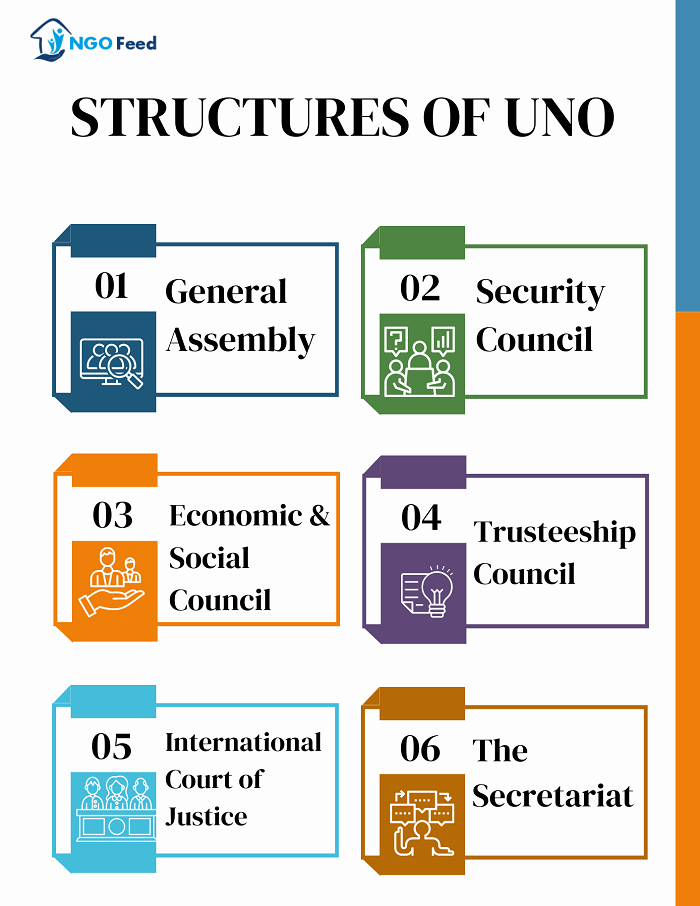
1. General Assembly:
The General Assembly is the main organizational unit of the United Nations, which carries on the processes of decision-making, policy advocacy, and representation. The diversity of the UN Member States is represented in this body, as all 193 Member States are represented in the United Nations General Assembly; hence, the body is the only one with universal representation in the UN.
Each year, during September, every member of the UN meets in the Assembly Hall located in New York for its annual General Assembly session and the general debate, where most of the Heads of State give speeches and attend. Major issues like budgeting, membership expansion, and peacekeeping necessitate a two-thirds majority vote from the General Assembly. On other issues, there is a vote, and a simple majority determines the outcome. The General Assembly, annually, chooses a GA president for a one-year term of office.
2. Security Council:
Under the UN Charter, the Security Council is primarily responsible for maintaining international peace and security. There are 5 permanent members and 10 non-permanent members, so a total of 15 members with one vote each. The Security Council, with its expertise in international relations, emphasizes the importance of peaceful resolution for disputing parties to maintain peace and prevent aggression. It proposes various methods, such as settlement, sanctions, or the authorization of force, to maintain or restore peace on a global scale. The presidency of this organization undergoes monthly rotations.
3. Economic & Social Council:
The Economic and Social Council coordinates, reviews, and recommends policies on economic, social, and environmental issues. It implements development goals and oversees UN agencies. Its 54 members, elected by the General Assembly, serve overlapping three-year terms. It fosters reflection, debate, and innovation on sustainable development.
4. Trusteeship Council:
In 1945 the UN Charter created the Trusteeship Council, whose job it is to oversee 11 Trust Territories in preparation for their future independence. When every territory gained independence by 1994, the Council was suspended on November 1st of that year. The Council’s rules were modified on May 25, 1994, when a resolution was passed that eliminated the necessity for yearly sessions and authorized the Council, its President, or requests from the Security Council, the General Assembly, or a majority of its members to meet whenever necessary.
5. International Court of Justice:
There is a principal UN judicial body known as the International Court of Justice. Its headquarters are in The Hague, Netherlands, at the Peace Palace. Its function is to mediate conflicts of law between governments and to offer advisory views on questions of international law.
6. The Secretariat:
After the General Assembly and other important groups give orders, the Secretary-General is in charge of tens of thousands of UN workers who do them. The General Assembly elects the Secretary-General, who holds a five-year renewable term as the Organization’s Chief Administrative Officer, on the Security Council’s recommendation. Not just tied up in office tasks, the Secretary-General champions UN ideals and pushes for all folks’ rights, especially those less fortunate.
UN personnel are hired both locally and internationally to operate in peacekeeping and disaster areas. It is dangerous to promote peace in a turbulent world, and since the UN’s creation, many of its personnel have perished.
Read also:
General Assembly
The General Assembly is the leading representative organ of the UN. All UN member states are represented in the General Assembly, making it the only UN body with universal representation.
| Particular | Description |
|---|---|
| First Committee | It deals with Economic and financial matters. |
| Second Committee | It deals with Social, Humanitarian and cultural issues. |
| Third Committee | It deals with Special Political and decolonization. |
| Fourth Committee | It deals with Administrative and budgetary issues. |
| Fifth Committee | It deals with Administrative & Budgetary issues. |
| Sixth Committee | It deals with Legal Matters. |
UN Secretariat
This section contains information about the UNO secretariat list; more details are in the table below. Consider the secretariat’s name and country of origin.
| Name | Country of origin |
|---|---|
| Gladwyn Jebb | United Kingdom |
| Trygve Lie | Norway |
| Dag Hammarskjöld | Sweden |
| U Thant | Burma |
| Kurt Waldheim | Austria |
| Javier Pérez de Cuéllar | Peru |
| Boutros Boutros-Ghali | Egypt |
| Kofi Annan | Ghana |
| Ban Ki-moon | South Korea |
| António Guterres | Portugal |
Specialized Agencies
This section contains the complete UNO list of specialised agencies, including their full name and year of establishment. Let us take a look.
| FAO | Food and Agriculture Organization | 1945 |
| ICAO | International Civil Aviation Organization | 1947 |
| IFAD | International Fund for Agricultural Development | 1977 |
| ILO | International Labour Organization | 1946 (1919) |
| IMO | International Maritime Organization | 1948 |
| IMF | International Monetary Fund | 1945 (1944) |
| ITU | International Telecommunication Union | 1947 (1865) |
| UNESCO | United Nations Educational, Scientific and Cultural Organization | 1946 |
| UNIDO | United Nations Industrial Development Organization | 1967 |
| UPU | Universal Postal Union | 1947 (1874) |
| WBG | World Bank Group | 1945 (1944) |
| WHO | World Health Organization | 1948 |
| WIPO | World Intellectual Property Organization | 1974 |
| WMO | World Meteorological Organization | 1950 (1873) |
| UNWTO | World Tourism Organization | 1974 |
Some Interesting Facts About UNO
- The United Nations, established in 1945 as a result of World War II to advance peace and international cooperation, took the place of the League of Nations.
- 51 countries signed the UN Charter and six principal institutions, namely the Security Council and General Assembly, were established to deal with international matters collectively on June 26, 1945, making the UN like a family.
- The UN has operations all over the world through several agencies, including UNICEF, WHO, and UNESCO, and deals with a variety of issues, such as health care, education, and humanitarian relief.
- UN peacekeeping operations, in which soldiers from different regions are deployed in conflict zones on a repeated basis to implement ceasefires, bring security to civilians, and promote political processes.
- Attempting to eradicate poverty, address the challenge of climate change, and promote equality by 2030, the 17 SDGs of the UN, which were approved in 2015, were established.
Frequently Asked Questions (FAQs)
What is the Full form of UNO?
(UNO) stands for the United Nations Organization.
How many countries are in the United Nations?
At the United Nations, there are 193 different states that are members.
Who is the head of the UN?
Antonio Guterres of Portugal, who joined office on January 1, 2017, is the current Secretary-General and the ninth person to hold the position.
What is the goal of UNO?
Promoting global collaboration, upholding peace and security, delivering humanitarian help, and achieving sustainable development are among the objectives of the United Nations.

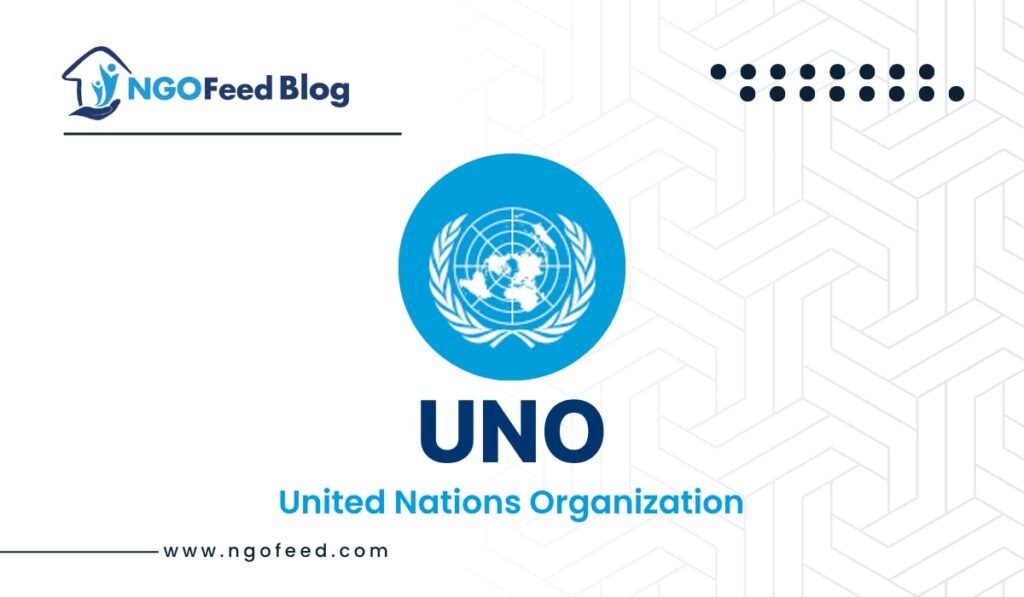
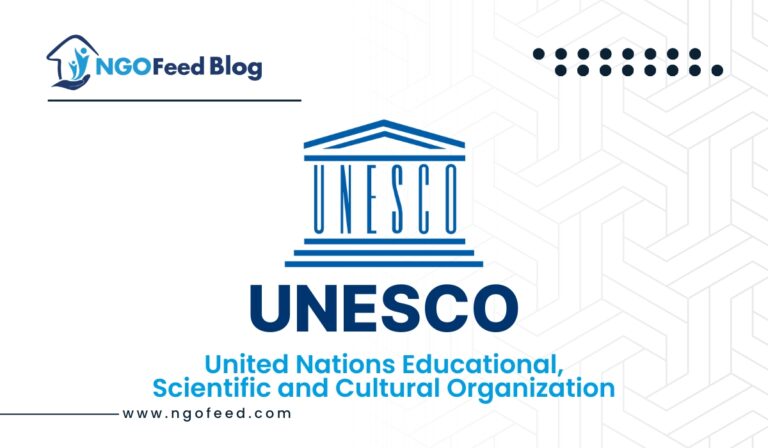
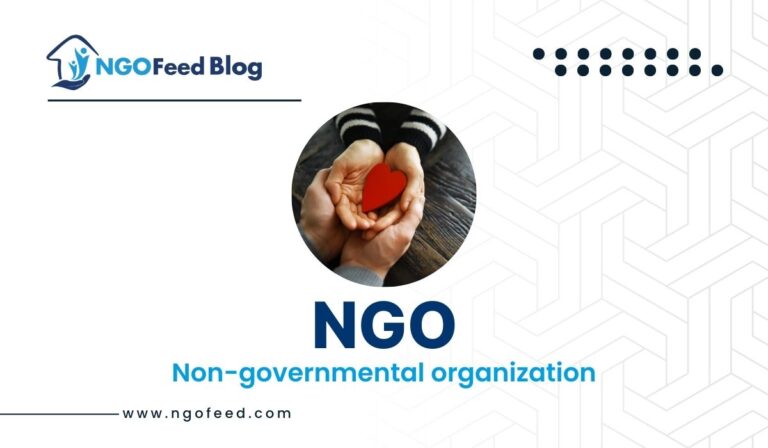
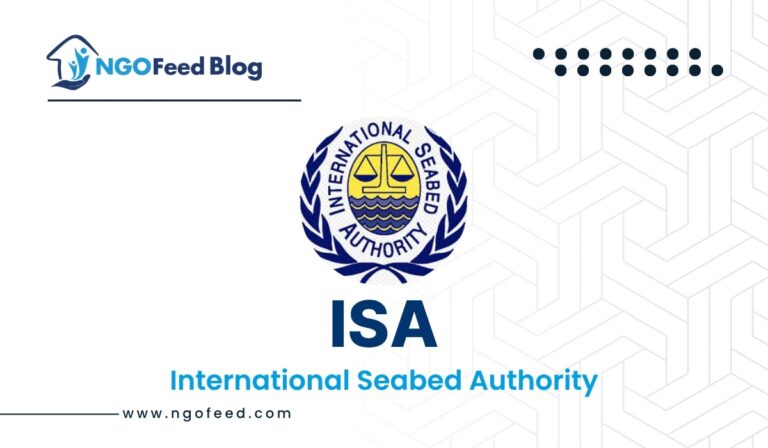
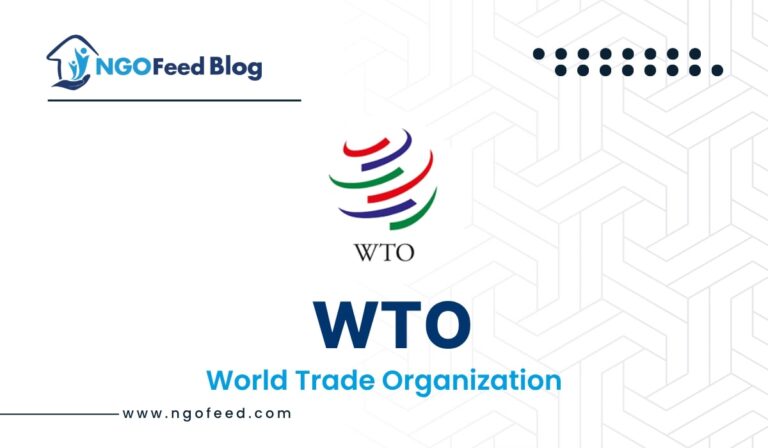
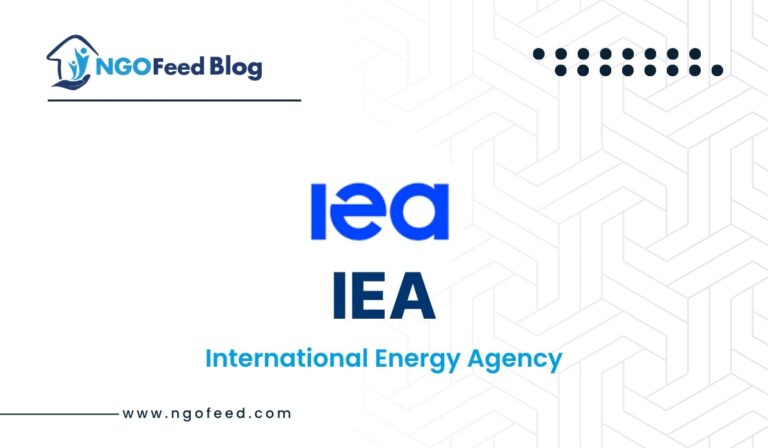
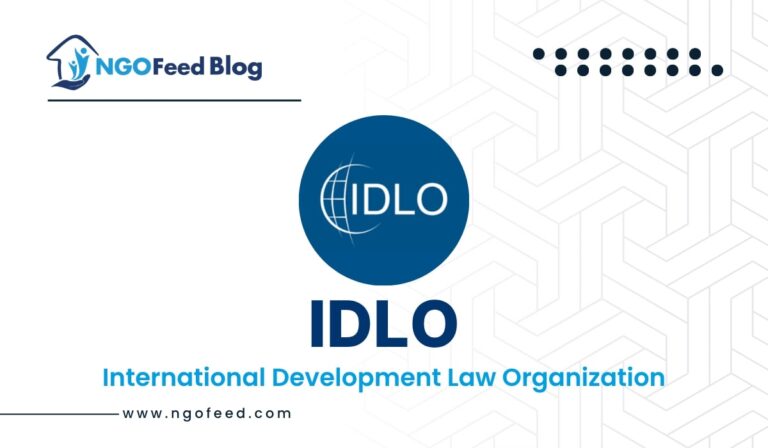
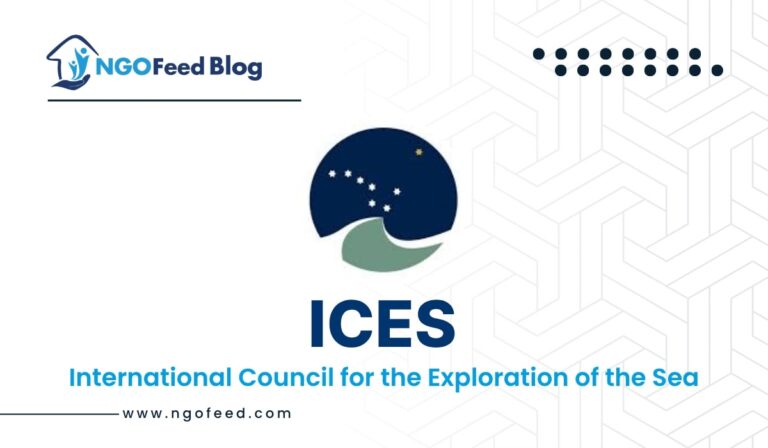

Sri Lanka
Does uno has separate military base
The UN has been deploying military personnel for service in peace operations since 1948, when the Security Council authorized the deployment of UN military observers to the Middle East to monitor the Armistice Agreement between Israel and its Arab neighbours.
UN military personnel can be called upon to:
Protect civilians and UN personnel;
Monitor a disputed border;
Monitor and observe peace processes in post-conflict areas
Provide security across a conflict zone;
Provide security during elections;
Assist in-country military personnel with training and support
Assist ex-combatants in implementing the peace agreements; they may have signed.
Wants to know how it works
For this, you have to visit the UNO website.
Good
I want some help plz
Ask
I am Dalhat Yusuf Alkali I need work in UNo my high Education is Diploma and I have 3 certificate in EUROPEAN Union
You can contact the organization.
నేను అనగా రాజ్ కుమార్ తండ్రీ దేవిదాస్ అంత్వర్ గ్రామము, నారాయణఖేడ్ మండల్, సంగారెడ్డి జిల్లా, తెలంగాణ 502286
విషయము :-
క్రిస్టియన్ దగర పెత్తనం ఉన్నది. ముస్లిమ్స్ దగర వ్యాపారలు ఉన్నయి.
హిందూస్ దగర ఆస్తులు ఉన్నయి. దళిత్స్ దగర ఈవని ఏవి లేవు ???
కొనీ వేయిల యేండ్ల మా దళిత్స్ కల అన్ధగురించి
భారతీయ దళిత్స్ పార్టీ పెడుతున్న మీరు నాకు సహకరించ గలరని, సహకరిస్తారని, సహకరించండి.
ప్రస్తుతం ఉండడం 2-1-164/1, గవర్నమెంట్
జూనియర్ కాలేజీ, జహీరాబాద్, సంగారెడ్డి
జిల్లా, తెలంగాణ 502220
రాజ్ కుమార్
భారతీయ దళిత్స్ పార్టీ
స్థాపకుడు మరియు అధ్యక్షుడు
Can you elaborate your query in English